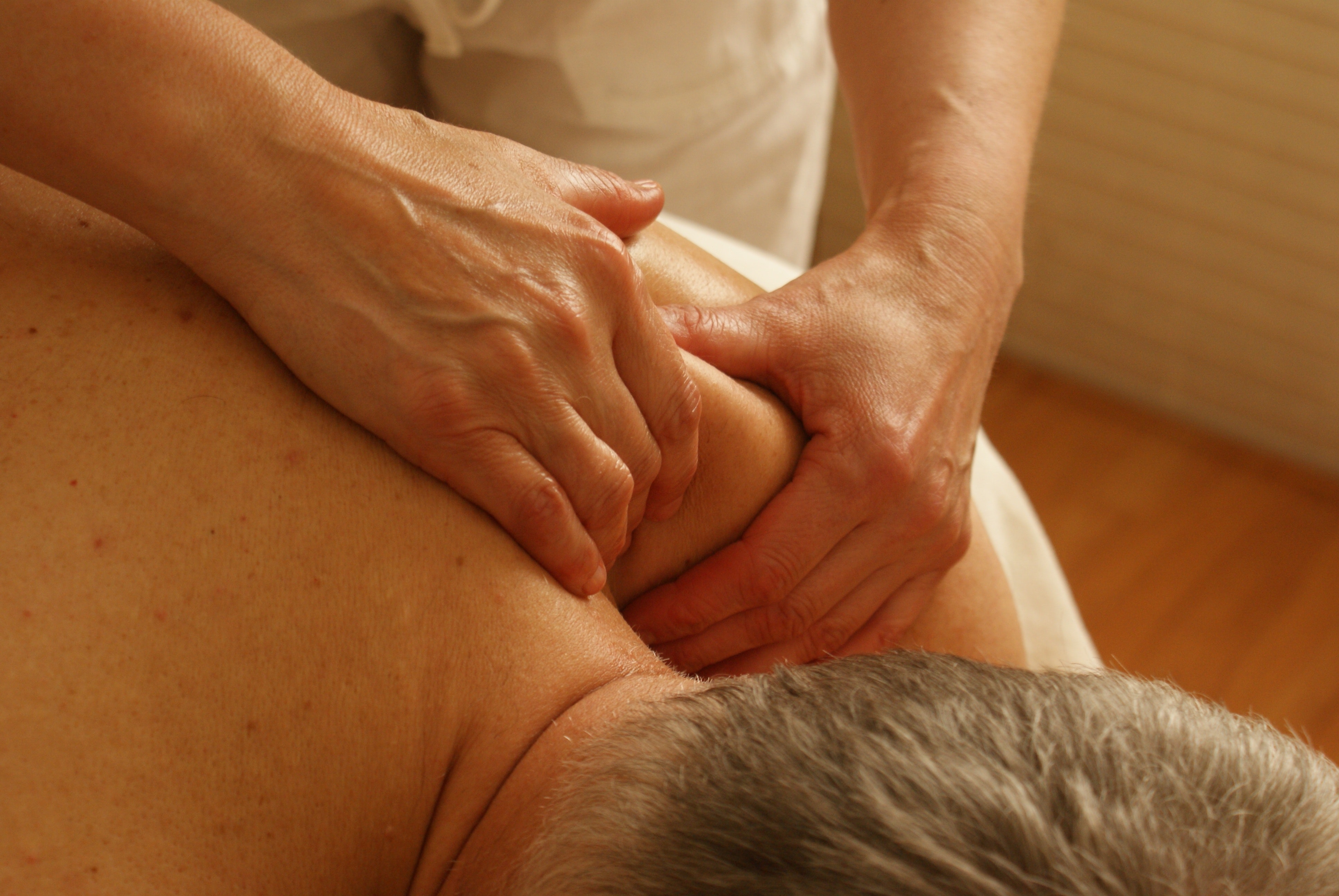
These are general guidelines and do not apply to people with other disorders, always check with your physician for diet suitable to your condition.
DEFINITION
Frozen shoulder, also known as adhesive capsulitis is a condition characterised by stiffness and pain in the shoulder joint. Pain and stiffness of shoulder joint, followed by easing of pain but increase in stiffness and limitation of movements. Frequently the non-dominant shoulder is involved.
CAUSES
Although a specific cause is not identified age , gender and diabetes increase the risk, females aged 40 to 60 are commonly affected. However it may follow an injury to the shoulder as well. It develops over time with main symptom being pain and stiffness in shoulder region and inability to move the shoulder. TREATMENT PLAN Ayurveda offers massage to ease the stiffness and Detoxification therapies to remove unwanted toxins from the body. The affected shoulder has to be moved under proper supervision. Rehabilitative exercises are recommended under the guidance of practitioner after assessments. Rotation of shoulder and neck need to be done regularly.
CONSULTATION
Ayurvedic Consultation with a qualified and experienced Ayurvedic Doctor is necessary. DIET Cold and chilled food to be avoided. In diabetics the diet corresponding diet plan to be maintained.
THERAPIES Abhyanga and Swedana by application of herbs, Nasyam and Narangakizhi. Panchakarma may be advised for up to 10 days. Pizhichil is also effective. Pranayama helps to alleviate vitiated Vata.
SUPPLEMENTS
Alfalfa and turmeric are two of the most regularly recommended elements that relieve swelling and repair the tissue in the shoulder.
UNCONTROLLABLE RISK FACTORS
If you are 40 years or older your chances of a frozen shoulder are higher than others.
CONTROLLABLE RISK FACTORS
Hormonal imbalances/Poor diet and unhealthy lifestyle ….
SELF HELP
It is advisable to use a flat pillow at night. Avoid sleeping on the side affected. Do not lift or carry heavy weight on the shoulder, keep the neck and shoulder warm and perform stretching exercises to prevent further complications.
DISCLAIMER
This information is not intended for use in the diagnosis, treatment, cure or prevention of any disease. If you have any serious acute or chronic health concern, please consult a trained health professional who can fully assess your needs and address them effectively. If you are seeking the medical advice of a trained ayurvedic expert.

